Tectonic shifts in society and business occur when unexpected events force widespread experimentation around a new idea. During World War II, for instance, when American men went off to war, women proved that they could do “men’s” work — and do it well. Women never looked back after that. Similarly, the Y2K problem demanded the extensive use of Indian software engineers, leading to the tripling of employment-based visas granted by the U.S. Fixing that bug enabled Indian engineers to establish their credentials, and catapulted them as world leaders in addressing technology problems. Alphabet, Microsoft, IBM, and Adobe are all headed by India-born engineers today.
Right now, the Coronavirus pandemic is forcing global experimentation with remote teaching. There are many indicators that this crisis is going to transform many aspects of life. Education could be one of them if remote teaching proves to be a success. But how will we know if it is? As this crisis-driven experiment launches, we should be collecting data and paying attention to the following three questions about higher education’s business model and the accessibility of quality college education.
Do students really need a four-year residential experience?
Answering this question requires an understanding of which parts of the current four-year model can be substituted, which parts can be supplemented, and which parts complemented by digital technologies.
In theory, lectures that require little personalization or human interaction can be recorded as multi-media presentations, to be watched by students at their own pace and place. Such commoditized parts of the curriculum can be easily delivered by a non-university instructor on Coursera, for example; teaching Pythagoras’ theorem is pretty much the same the world over. For such courses, technology platforms can deliver the content to very large audiences at low cost, without sacrificing one of the important benefits of the face-to-face (F2F) classroom, the social experience, because there is hardly any in these basic-level courses.
By freeing resources from courses that can be commoditized, colleges would have more resources to commit to research-based teaching, personalized problem solving, and mentorship. The students would also have more resources at their disposal, too, because they wouldn’t have to reside and devote four full years at campuses. They would take commoditized courses online at their convenience and at much cheaper cost. They can use precious time they spend on campus for electives, group assignments, faculty office hours, interactions, and career guidance, something that cannot be done remotely. In addition, campuses can facilitate social networking, field-based projects, and global learning expeditions — that require F2F engagements. This is a hybrid model of education that has the potential to make college education more affordable for everybody.
But can we shift to a hybrid model? We’re about to find out. It is not just the students who are taking classes remotely, even the instructors are now forced to teach those classes from their homes. The same students and instructors that met until a few weeks back for the same courses, are now trying alternative methods. So, both parties can compare their F2F and remote experiences, all else held equal.
With the current experiment, students, professors, and university administrators must keep a record of which classes are benefiting from being taught remotely and which ones are not going so well. They must maintain chat rooms that facilitate anonymized discussions about the technology issues, course design, course delivery, and evaluation methods. These data points can inform future decisions about when — and why — some classes should be taught remotely, which ones should remain on the campus, and which within-campus classes should be supplemented or complemented by technology.
What improvements are required in IT infrastructure to make it more suitable for online education?
As so many of us whose daily schedules have become a list of virtual meetings can attest, there are hardware and software issues that must be addressed before remote learning can really take off. We have no doubt that digital technologies (mobile, cloud, AI, etc.) can be deployed at scale, yet we also know that much more needs to be done. On the hardware side, bandwidth capacity and digital inequalities need addressing. The F2F setting levels lots of differences, because students in the same class get the same delivery. Online education, however, amplifies the digital divide. Rich students have the latest laptops, better bandwidths, more stable wifi connections, and more sophisticated audio-visual gadgets.
Software for conference calls may be a good start, but it can’t handle some key functionalities such as accommodating large class sizes while also providing a personalized experience. Even in a 1,000-student classroom, an instructor can sense if students are absorbing concepts, and can change the pace of the teaching accordingly. A student can sense whether they are asking too many questions, and are delaying the whole class. Is our technology good enough to accommodate these features virtually? What more needs to be developed? Instructors and students must note and should discuss their pain points, and facilitate and demand technological development in those areas.
In addition, online courses require educational support on the ground: Instructional designers, trainers, and coaches to ensure student learning and course completion. Digital divide also exists among universities, which will become apparent in the current experiment. Top private universities have better IT infrastructure and higher IT support staff ratio for each faculty compared to budget-starved public universities.
What training efforts are required for faculty and students to facilitate changes in mindsets and behaviors?
Not all faculty members are comfortable with virtual classrooms and there is a digital divide among those who have never used even the basic audio-visual equipment, relying on blackboards and flipcharts, and younger faculty who are aware of and adept in newer technology. As students across the nation enter online classrooms in the coming weeks, they’re going to learn that many instructors are not trained to design multimedia presentations, with elaborate notations and graphics. Colleges and universities need to use this moment to assess what training is needed to provide a smooth experience.
Students also face a number of issues with online courses. Committing to follow the university calendar forces them to finish a course, instead of procrastinating it forever. And online they can feel as they don’t belong to a peer group or a college cohort, which in real life instils a sense of competition, motivating all to excel. Anything done online suffers from attention span, because students multi-task, check emails, chat with friends, and surf the Web while attending online lectures. We’re parents and professors; we know this is true.
Can these mindsets change? Right now we are (necessarily, due to social distancing) running trial and error experiments to find out. Both teachers and students are readjusting and recalibrating in the middle of teaching semesters. The syllabus and course contents are being revised as the courses are being taught. Assessment methods, such as exams and quizzes are being converted to online submissions. University administrators and student bodies are being accommodative and are letting instructors innovate their own best course, given such short notice. Instructors, students, and university administrators should all be discussing how the teaching and learning changes between day 1 of virtual education and day X. This will provide clues for how to train future virtual educators and learners.
A Vast Experiment
The ongoing coronavirus pandemic has forced a global experiment that could highlight the differences between, and cost-benefit trade off of, the suite of services offered by a residential university and the ultra low-cost education of an online education provider like Coursera. Some years ago, experts had predicted that massive open online courses (MOOCs), such as Khan Academy, Coursera, Udacity, and edX, would kill F2F college education — just as digital technologies killed off the jobs of telephone operators and travel agents. Until now, however, F2F college education has stood the test of time.
The current experiment might show that four-year F2F college education can no longer rest on its laurels. A variety of factors — most notably the continuously increasing cost of tuition, already out of reach for most families, implies that the post-secondary education market is ripe for disruption. The coronavirus crisis may just be that disruption. How we experiment, test, record, and understand our responses to it now will determine whether and how online education develops as an opportunity for the future. This experiment will also enrich political discourse in the U.S. Some politicians have promised free college education; what if this experiment proves that a college education doesn’t have to bankrupt a person?
After the crisis subsides, is it best for all students to return to the classroom, and continue the status quo? Or will we have found a better alternative?
Via Inovação Educacional






 Your new post is loading...
Your new post is loading...
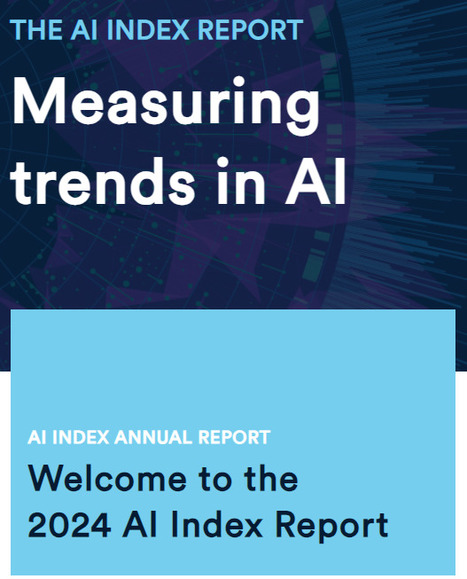

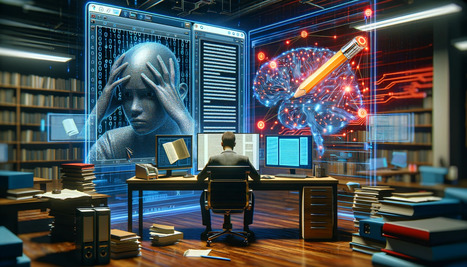

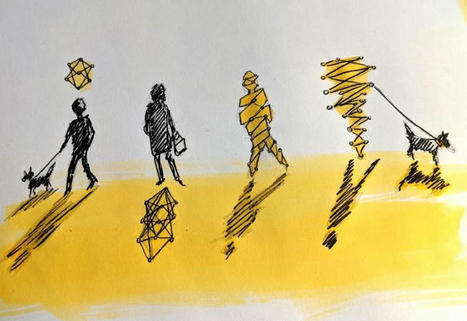


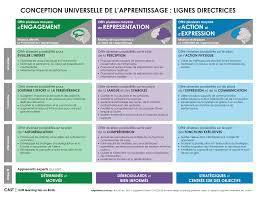


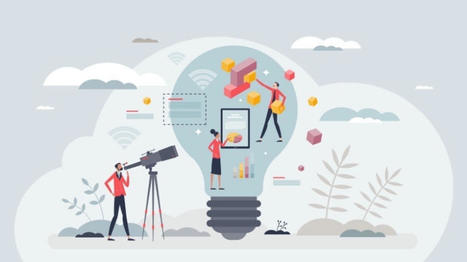


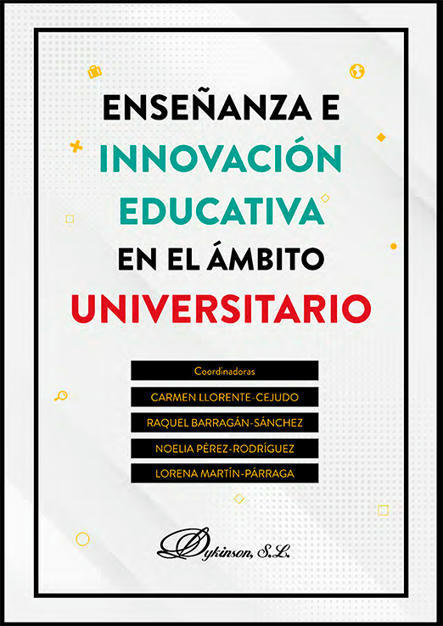


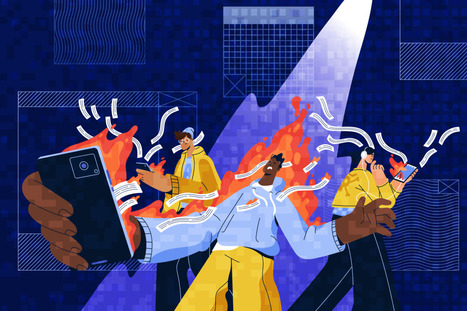



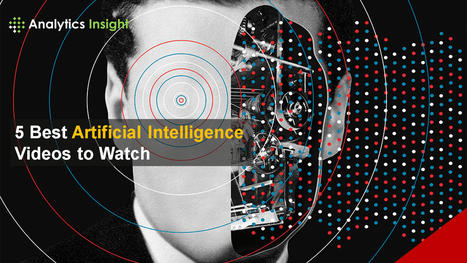



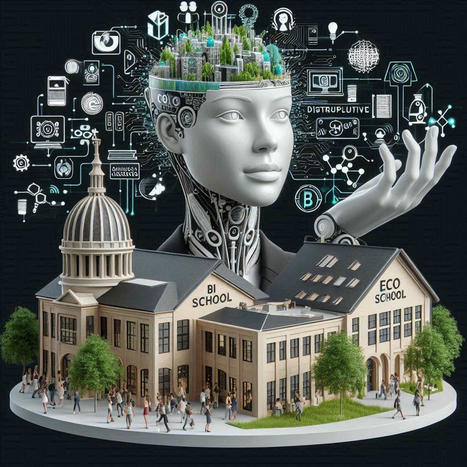
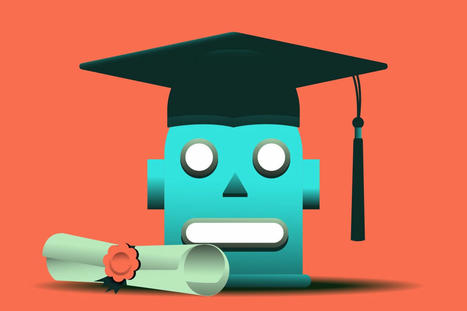





"Tectonic shifts in society and business occur when unexpected events force widespread experimentation around a new idea. During World War II, for instance, when American men went off to war, women proved that they could do “men’s” work — and do it well. Women never looked back after that. "